Description
Farm Name: Finca Ceylan y Anexos
Owner: Dariush Echeverria Zachrisson
In the cup: Consistent cup, chocolate, sweet vanilla aroma, slight citrus tones and a smooth body with a floral finish
Region: Atitlán AREA: San Miguel Pochuta, Chimaltenango
Altitude: 3,500 – 4,500 feet above sea level
Farm: 268 ha of coffee; Organic Certified by OCIA/JAS/CAAQ EU 2092-91/Suisse Ordenance Farm total – 403 ha
Topography: Mountains with extensive flat lands
Climate: tropical humid, warm weather
Average Temperature: 20 Celsius
Soil: Volcanic soil, clay-like, dark coffee, well drained and deep, stony with a pH 5-5.5
Annual Rainfall: 3,500 – 4,000 mm
Coffee Varities: Bourbon, Typica, Mundo Novo, Maragogype, Guiexa
Processing: Traditional wet mill (fermentation tanks, water running) and dry mill process
Harvest: October to March
Production: 180 tons parchment coffe (annual average)
Other crops: Cardamom, macadamia nuts, ‘platano’, banana Natural forest as forestry reserves
Farm History: Since 1870, Finca Ceylan y Anexos has been a property of the Echeverria family producing and processing coffee. Originally the farm name was Finca Ceylan y Colima and later other farms became part of it at that’s why it became Ceylan & Anexos (annexes). The farm hires mostly local labour, generating jobs for people in town. Since then coffee is cultivated; also, for almost 70 years, sugar cane was also grown in the farm to produce ‘panela’ which is used as brown sugar (concentrated). This ‘panela’ was no longer produced since the sugar mill and other machinery were destroyed by strong rains which overflow the farm’s river. Banana was planted originally as coffee shade and then it became an important alternative crop, generating an additional profit to the farm.
Social Projects: Finca Ceylan has contributed with houses, drinkable water and education to its employees and their children. Employees are also benefited by its alternative crops such as oranges, bananas, and ‘platano’.
Environmental projects and water management: The farm maintains the river basins and the natural vegetation that grows nearby. The farm has various water sources which have been protected. Hunting and fishing is prohibited to conserve natural faun and flora. The coffee residues from the wet mill are used as an organic fertilizer in the coffee plantation, creating a self-sufficient system. The water used in the wet mill process is filtered through oxidation tanks to avoid contamination in river basins. The farm has a natural forest which has been protected to conserve the different species of trees, plants and animals to protect the ecosystem.
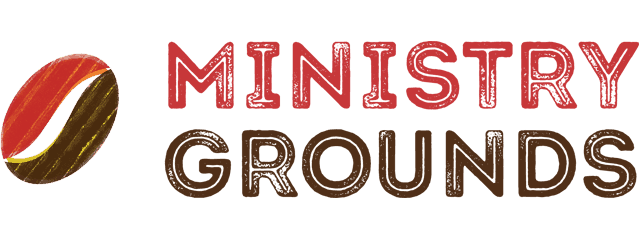
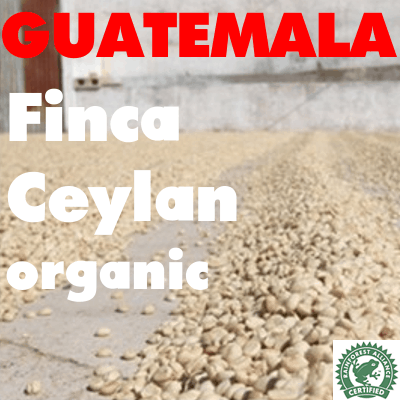
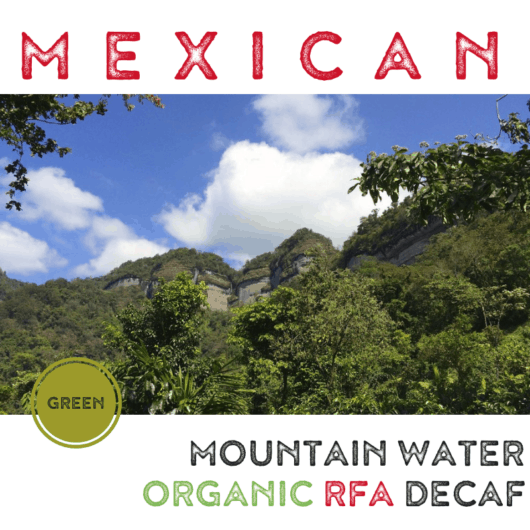

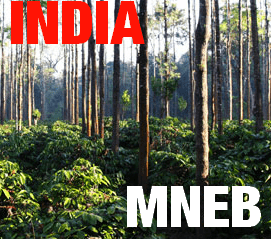
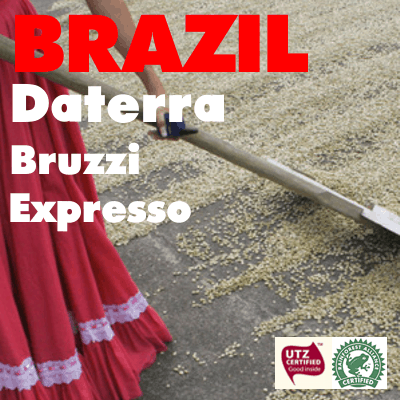
Reviews
There are no reviews yet.